K-P MPAs oppose military operation
Acknowledge dire security situation, summon IGP for briefing today
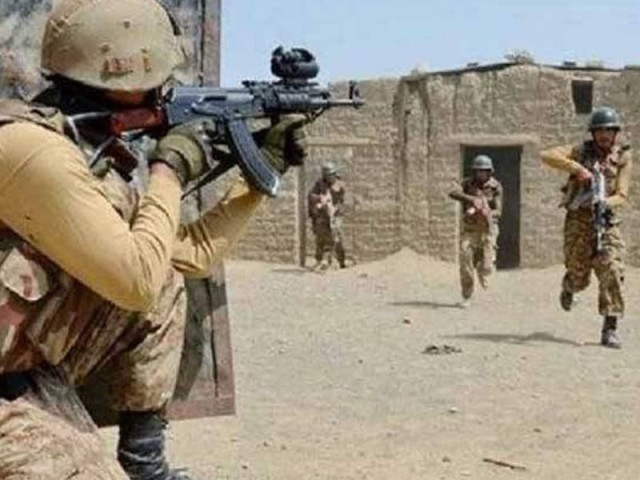
Both the treasury and opposition benches in the provincial assembly have asserted that while the security situation may be dire in Khyber-Pakhtunkhwa, a military operation is out of the question.
The K-P Inspector General of Police (IGP) has been summoned to for an in-house briefing on the law-and-order situation, including the tribal districts.
The speaker announced that in the next phase, the Corps Commander Peshawar would also be invited for a briefing. The opposition and government united in the assembly over the issue of law and order, with members declaring the situation dire and rejecting any potential military operations.
Government members emphasised that any decision regarding operations in Khyber-Pakhtunkhwa would be made by the assembly or the Chief Minister, as the province cannot bear the burden of another operation, and its people are not ready for displacement.
During the discussion on an adjournment motion about the law and order situation, members from both sides rejected the idea of further operations. Opposition members, including Nisar Baz of ANP and Jala Khan of PML-N, alongside government representatives Abdul Ghani, Safiullah Jan, and provincial minister Fazal Hakim, expressed concerns about the deteriorating situation in tribal areas. They criticised the lack of media coverage and government attention on tribal issues, noting that the areas remain underdeveloped and neglected, with no mega projects or sufficient funds allocated to local government representatives.
The members questioned whether past operations had brought peace to the tribal areas and asserted that further operations would not be acceptable. They called for a serious approach to tribal issues, stressing the need for unity between the opposition and government, as both civilians and security forces remain targets of violence.
Government representatives highlighted the importance of peace as a prerequisite for development and criticised the lack of provincial control in the past. They pointed out that the province suffered heavily from drone strikes and suicide attacks, displacing many residents.
Members stated that the decision on any operation should rest with the provincial government and the Chief Minister, rejecting targeted operations or interventions by external forces.
Some members argued that the resurgence of terrorism occurred after the Pakistan Tehreek-e-Insaf (PTI) government, noting that there were no incidents of terrorism or drone attacks during the PTI's tenure.
They opposed any new operations, asserting that decisions about counter-terrorism should be made by the Assembly and the public, not outside forces.
Khyber-Pakhtunkhwa Assembly Speaker Babar Saleem Swati, in his closing remarks, emphasised the importance of the discussions, acknowledging the concerns raised.
He directed the Minister of Law to engage with the Pashtun Qaumi Movement and the government to compile a list of members and prepare a charter of demands.
The speaker also instructed the IGP to attend the assembly for a briefing at 2pm and stated that the Corps Commander Peshawar would be summoned in the next phase.

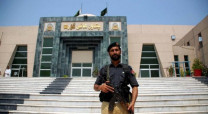



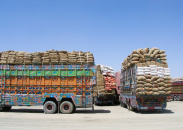
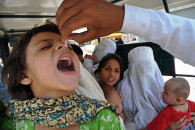
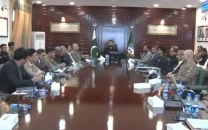

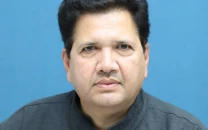
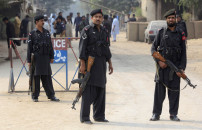
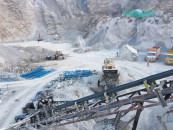
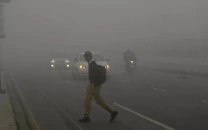












COMMENTS (1)
Comments are moderated and generally will be posted if they are on-topic and not abusive.
For more information, please see our Comments FAQ